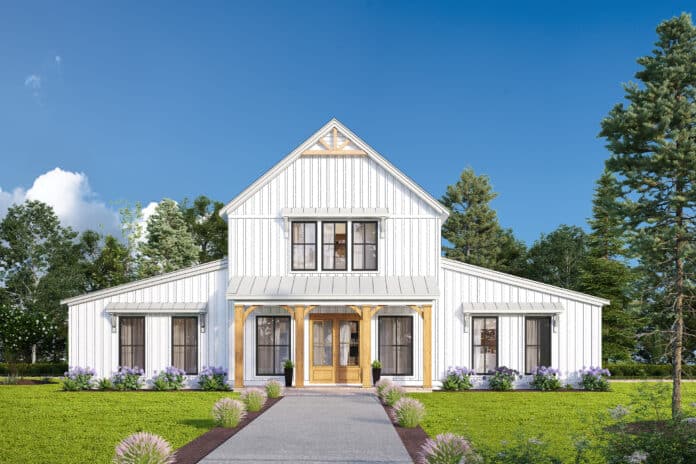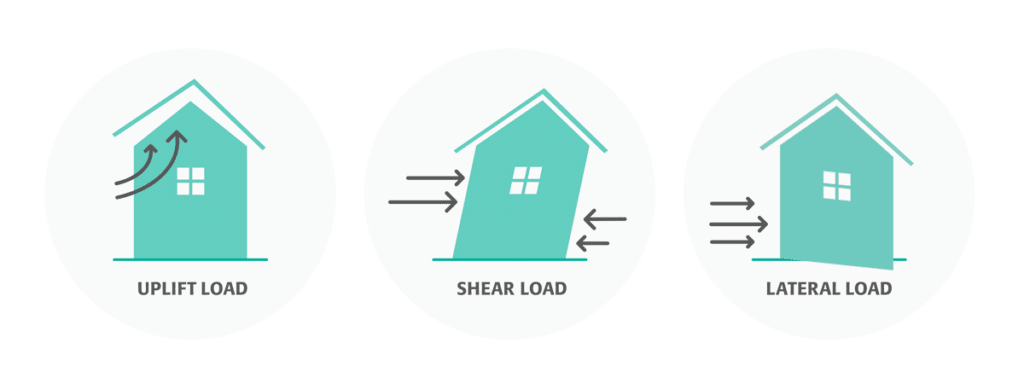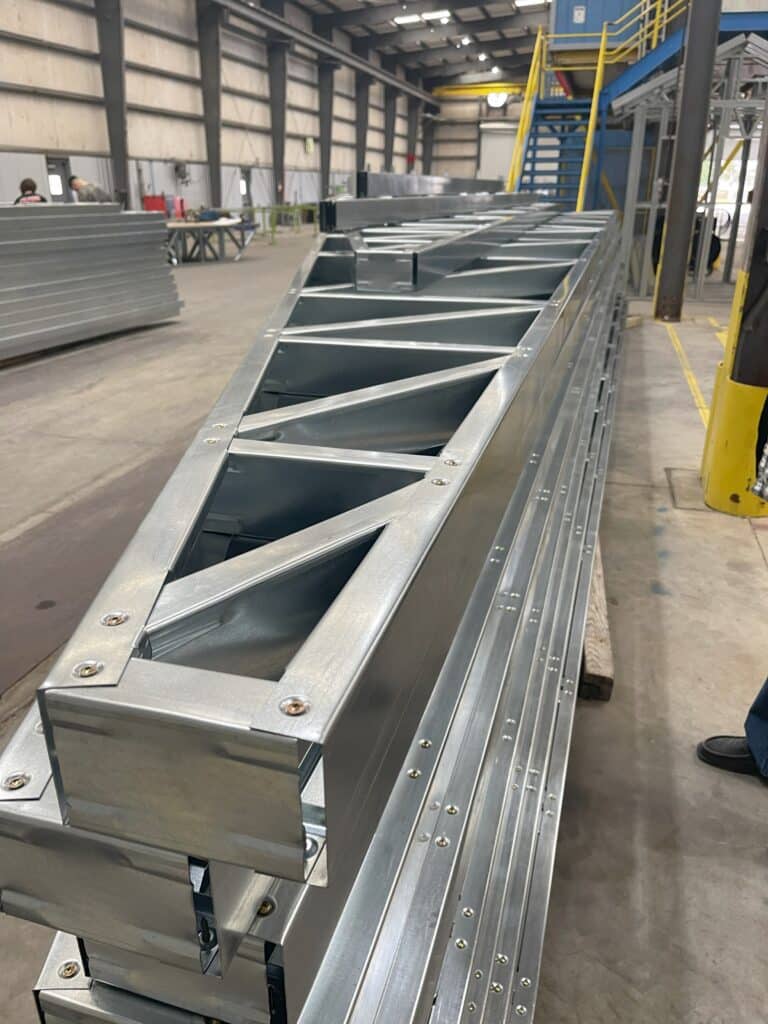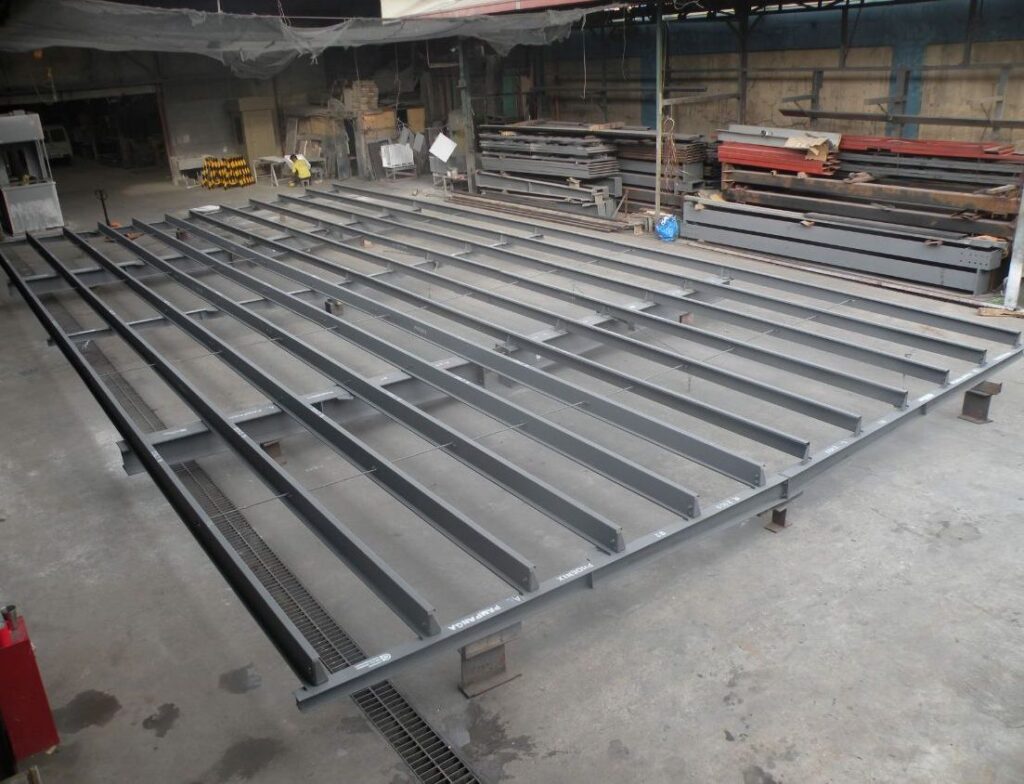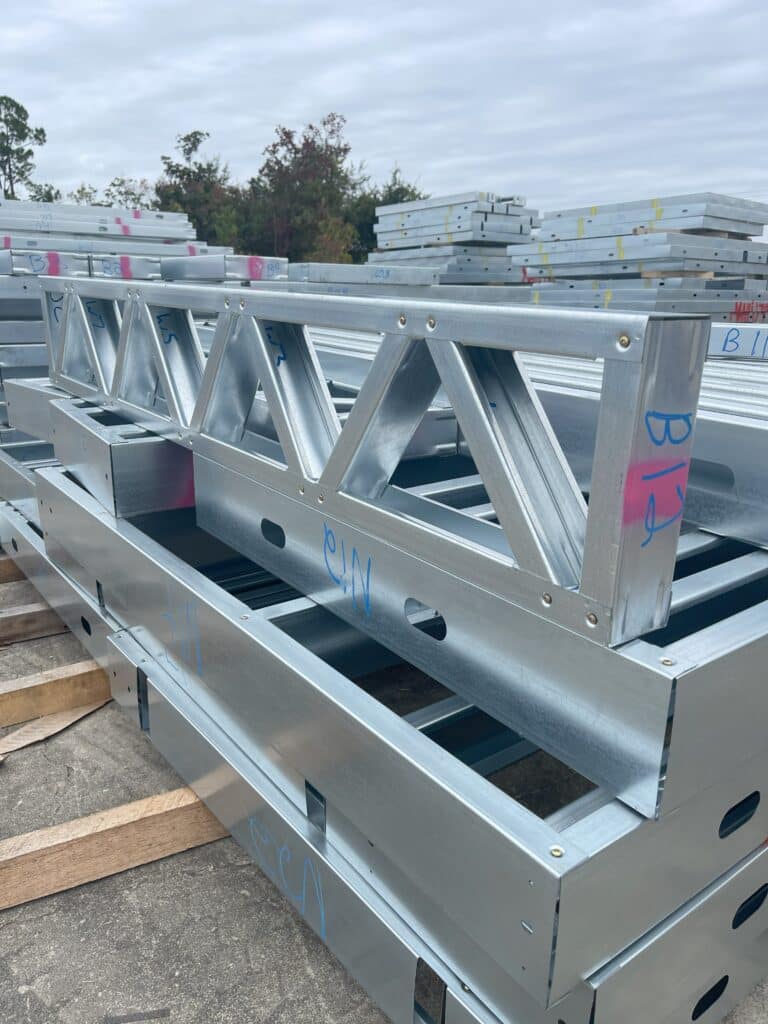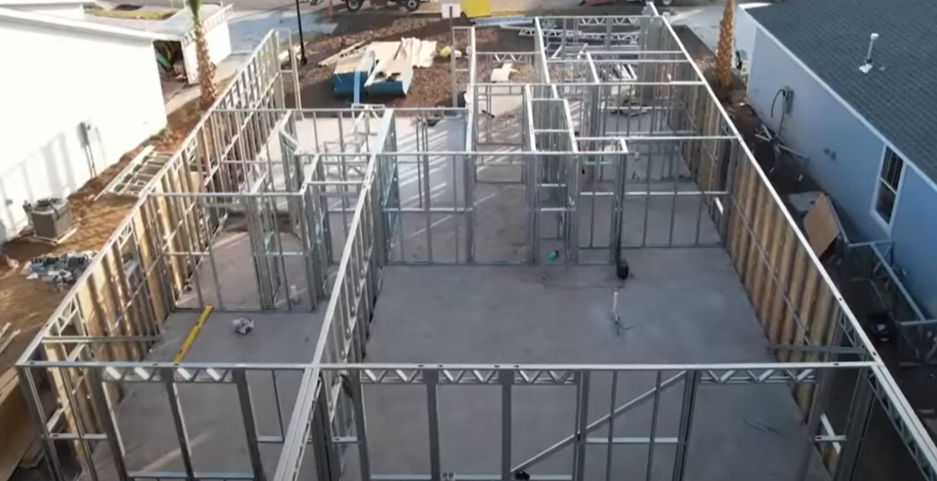Analyzing How Barndominiums Withstand A Tornado and Straight line wind
The devastating winds unleashed by violent tornadoes can oftentimes inspire understandable unease for those Living in regions that are highly prone to strong winds and the formation of storm fronts. leading to the vulnerability of not only your barndominium but your other Steel frame structures as well when confronted by such daunting atmospheric forces. For homeowners appreciating barndominium living, the light gauge steel construction prompts further curiosity about whether or not these Rigid Steel Frame Barndominium kits from Buildmax can adequately shelter occupants in extreme weather conditions.
Typical Tornado Impact Forces
Characterized as violently rotating columns of air in contact with ground and clouds, tornadoes generate wind vortices whipping Between 65 to 250 MPH though some outliers exceeding 300 MPH occur. DIRECTIONAL changes also factor prominently generating lateral pressures against vertical sidewalls. Debris propelled at ballistic velocities can puncture building envelopes too. Wall strengths mean everything.
Barndominium Structural Design Factors
Barndominium Floor Plans range vastly based on the aesthetic prefs of owners. However reputable builders engineer the underlying structural framework comprising roofs, walls, and foundations to withstand regional demands. Parameters include:
– Wind shear ratings from 100MPH toward 250MPH+
– Snow load capacity from 20 to 60 lb/SQ FT ranges
– Seismic pressure resilience in active fault zones
– Metal gauge thickness durability for puncture resistance
Steel frame barndominiums utilize a number of methods to securely anchor to the concrete slab foundation and withstand high wind loads:
Slab Bolting – J-anchors, L-anchors, and column base plates get cast directly into the slab with protruding bolts. Wall bottom plates, posts, and columns bolt directly securing the framing. Creates tension resistance.
Shear Walls – Steel stud sheer/bracing walls buttress perimeter framing. Strategically used for lateral wind force resistance. Steel cross bracing provides racking resistance.
Wind Girts – Additional intermediate lateral steel purlins beef up exterior walls across the entire envelope increasing shear strength, and preventing fastener tear-out. Resists push/pull wind pressures.
Rafter Ties – Spanning the underside of roof rafters to exterior wall top plates, these ties prevent the roof from detaching under lifting wind forces trying to peel roofs off.
Insulation & Sheathing – Rigid insulation board and exterior metal sheathing provide a complete thermal and moisture envelope, further Safeguarding the structure against elements like strong Wind/Rain/snow from penetrating the outer shell.

Following building code-prescribed anchoring, fastener schedules, bracing placement, and continuity creates steel-reinforced barndominium fortresses sturdy enough for volatile climate extremes. Certified engineering substantiates resilience through methodical wind load analysis. Robust construction has thrived for decades despite worsening environmental factors.
Professional engineering applied toward medical facilities and storm shelters applies similar principles shielding barndominium environments as codes intend anchors, fastener specs, and robust materials to defend against sheer/tensile failures. Homeowners also selectively harden rooms with storm-safe room enhancements.
In Summary
Quality steel barndominium builders will purposefully overengineer the barndominium to allow for required wind codes as a standard practice. Extra design precautions like frame X-bracing, anchor bolts, and heavy gauges enhance integrity and simulated testing validates resilience even in catastrophic wind events. When extreme weather threatens, you can have full confidence in the barndominium framework that’s protecting Everything that you hold near and dear.



